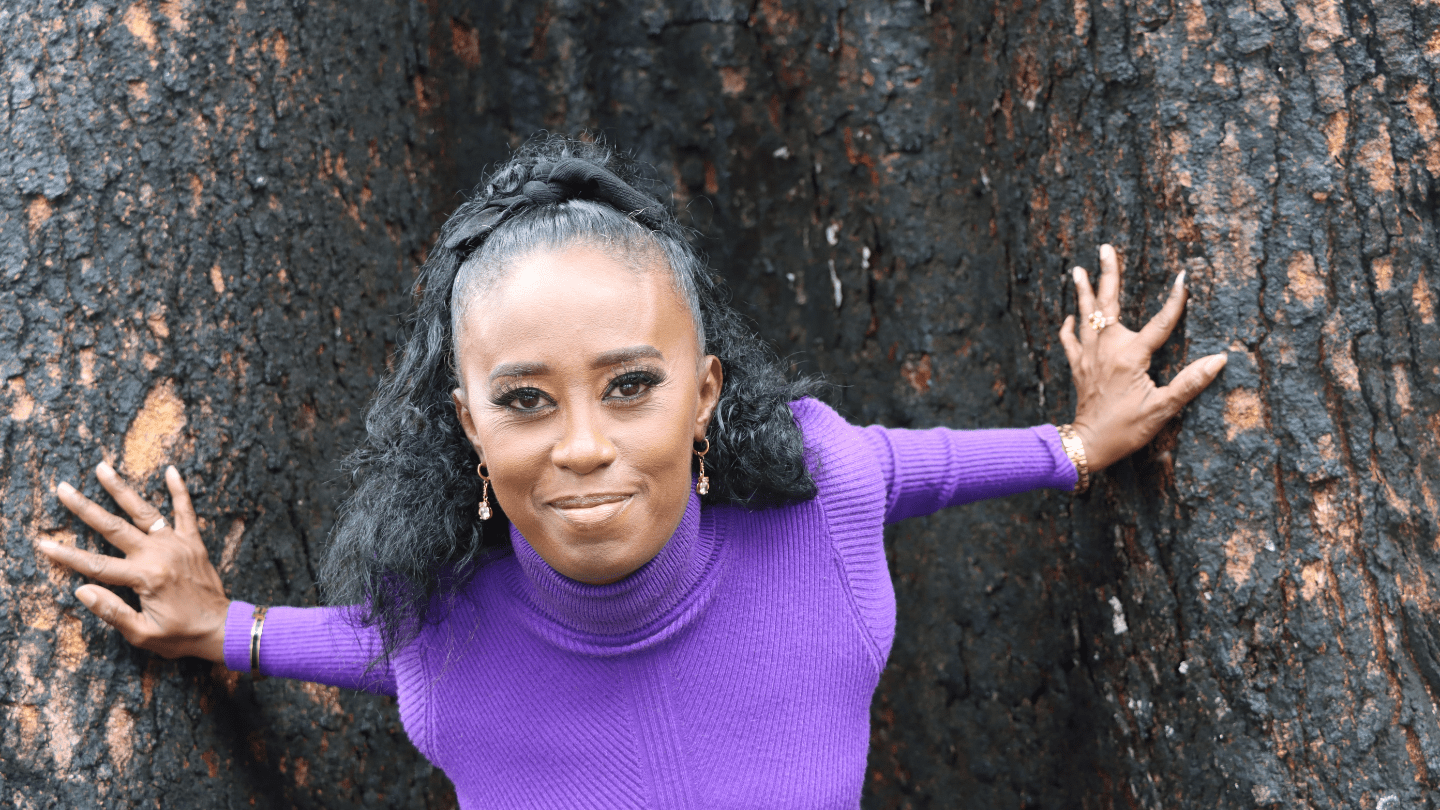Camika Mcletchie’s journey from victim to advocate is a powerful testament to resilience and transformation. Having endured an abusive relationship for 20 years, she has now been free for 13 years, using her experience to uplift others and challenge the systems that fail survivors.
She first realized she was in an abusive relationship while pursuing her degree in psychology. Enrolled in a course titled Violence Across the Lifespan, she listened as the lecturer described a home affected by domestic violence. “All I remember saying is, ‘I am a victim of domestic violence.’ And that’s where the first realization hit me. I made an internal decision at that point to leave.”
With the support of two close friends who provided nonjudgmental encouragement, Camika found the strength to walk away. “Abuse takes your voice. When I left, I realized I had lost the very essence of who I was. I had to learn who I was again.”
One of her greatest challenges was witnessing the impact of domestic violence on her children. “Seeing my children struggle emotionally, watching their aggression, and realizing that my eldest son had no respect for female authority was heartbreaking. The very thing I tried to protect him from was the very thing he was becoming.” Helping them heal became her priority.
Camika’s decision to share her story publicly was solidified when she and her children participated in a documentary about her life. “I made sure my children were comfortable with sharing that part of our lives. Once they gave me their blessing, I decided that it didn’t matter if some people laughed or judged me. I wanted others to find the same freedom I did.”
Speaking out was not easy. The fear of stigma and not being believed loomed large, but Camika knew that silence wouldn’t protect anyone. “The more we speak, the more we shift the narrative and force change.”
Her bravery has resonated deeply with others, drawing messages of gratitude and solidarity. But advocacy carries its own burdens. To sustain herself emotionally and mentally, she prioritizes self-care, therapy, and a strong support network.
Unlike many survivors, Camika acknowledges the support she received from law enforcement. “The police officers were there for me. They actually came to my house and visited. They gave me pointers on ensuring my safety and did everything they could to help me get out safely.”
However, she believes more needs to be done. “There should be mandatory counseling for perpetrators. If we don’t work on rehabilitation, we’re not addressing the full scope of the issue.”
Cultural attitudes and economic dependency also keep many survivors trapped. “Victim-blaming discourages people from seeking help, and financial insecurity makes it even harder to leave.” She advocates for greater financial empowerment programs for survivors to rebuild their independence.
Today, Camika runs a year-long workshop supporting survivors of domestic violence. “I usually take in about 16 to 20 victims, and we work with them over a year to bring them to a place of healing.”
Her next goal is to expand her work to include male perpetrators. “I want to get strong men involved and develop a program to help male perpetrators understand their behavior and change.” She believes that addressing the root causes of abusive behavior is key to breaking the cycle of violence.
Organizations like UNFPA are critical in preventing gender-based violence, supporting survivors, and promoting gender equality. Camika sees immense value in these efforts. “We need more safe spaces for survivors, both physically and emotionally. Education is also key—especially for young men. We have to teach them about healthy relationships, respect, and consent from an early age.”
Camika emphasizes the link between gender-based violence and reproductive rights, drawing from her own experiences. “Reproductive coercion is a reality for many survivors, making access to sexual and reproductive health services a crucial part of a comprehensive GBV response.”
Camika remains actively involved in advocacy and awareness efforts, including her participation in the International Women's Day Interactive Exhibit held at East Gates Mall and UWI. These events provide crucial platforms for survivors and advocates to share their stories, educate the public, and push for meaningful change.
Looking ahead, Camika envisions a Trinidad & Tobago where GBV is not just addressed reactively but prevented through systemic and cultural change. She continues to work on initiatives that provide direct support to survivors, collaborate with policymakers, and raise awareness through storytelling and advocacy.
Her message to those currently experiencing domestic violence is clear: “You are not alone. There is hope beyond what you’re going through. Reach out, even if it’s just to one person you trust. And remember, your story matters.”
To the wider public, she issues a call to action: “Support survivors by believing them, amplifying their voices, and pushing for change. GBV is not just a private issue—it’s a societal one, and we all have a role to play in ending it.”
Camika Mcletchie’s story is one of courage, resilience, and relentless advocacy. By turning her pain into power, she is not only reclaiming her own life but also paving the way for a future where survivors are heard, protected, and empowered.


